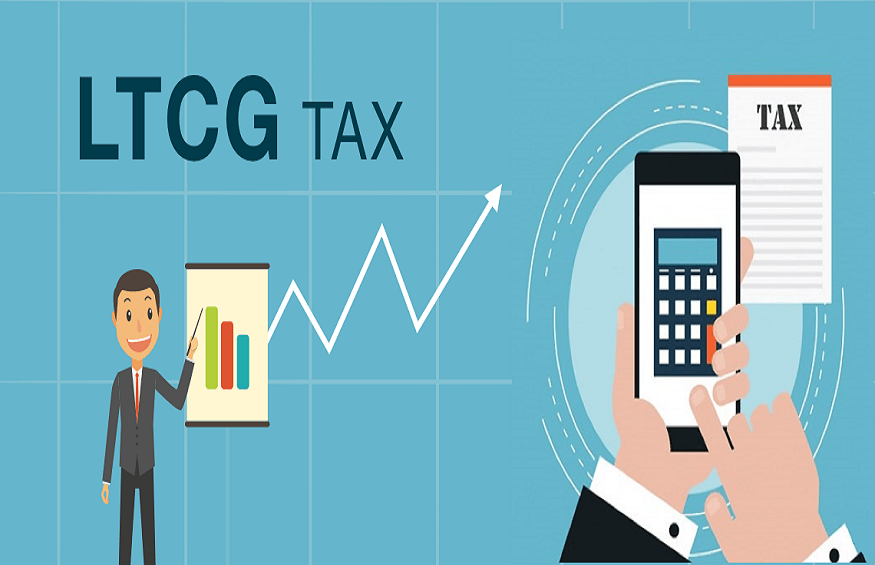ULIPs are rising in popularity due to various reasons. To begin with, they provide the dual benefit of insurance and investment. While a portion of the ULIP premium is used to provide insurance coverage, the remaining portion is invested in various funds of the insurance provider to create long-term wealth.
Moreover, ULIPs provide significant flexibility to policy buyers in deciding how their premiums should be utilised. However, there have been some concerns lately regarding the impact of the long-term capital gains (LTCG) tax on ULIP. You will realise why such concerns are exaggerated once you understand the true nature of the impact.
Long-Term Capital Gains Tax
It is important to know what are capital gains to understand long-term capital gains tax.
You can earn profits from selling a capital asset, such as properties, equities, units of mutual funds or ULIPs, etc. Such profits are called capital gains, as you made these profits by selling a capital asset. Capital gains can be classified as either long-term or short-term, depending on the holding period and the type of capital asset.
For instance, profits earned by selling an immovable property after holding it for more than twenty-four months will be considered long-term capital gains (LTCG). But, in the case of equity mutual funds, the profits will be considered long-term capital gains if the holding period is twelve months or longer.
The tax levied on the long-term capital gains is called the long-term capital gains tax. Since ULIPs have a lock-in period of five years, their proceeds may be taxable under LTCG tax under certain conditions.
LTCG Tax on ULIPs
Earlier, proceeds from ULIPs were completely tax-free. However, the Finance Act 2021 has introduced some amendments after which gains from ULIPs issued on or after 1 February 2021 are subjected to long-term capital gains tax if:
The annual premium for a single ULIP or the aggregate annual premium for multiple ULIPs exceeds the limit of ₹ 2.5 lakhs in any year during the entire ULIP duration.
The long-term capital gains are above ₹ 1 lakh.
Impact of LTCG on ULIP
The introduction of new ULIP taxation rules is unlikely to affect a majority of ULIP investors because of the following reasons.
Affecting Only High-Value ULIPs
Proceeds from only the high-value ULIPs with an annual premium exceeding ₹ 2.5 lakhs will be taxable. Gains from ULIPs with lower premium amounts will remain tax-free.
For example, suppose you have purchased a ULIP with an annual premium of ₹ 2 lakhs and earned long-term capital gains of ₹ 3 lakhs after fifteen years. In this case, LTCG tax will not be applicable on your gains as your annual premium was less than ₹ 2.5 lakhs.
Tax Deductions Under Section 80C
You can claim a tax deduction of up to ₹ 1.5 lakh per year on your ULIP premium payments under Section 80C of the Income-Tax Act, 1961, subject to conditions stated therein. This facility of tax deduction remains unaffected by the new rules.
No Change in Investment Character
ULIPs have the potential for wealth creation when staying invested for the long term. So, they should not be solely seen as a tax-saving instrument. The latest changes in ULIP taxation rules will not affect their investment characteristics and the flexibility they offer to the investors.
The taxability of ULIP should not be a deterrent to opting for a good ULIP plan. Instead, you should consider their potential to provide high returns in the long-term as a vital reason to invest in them.
Click here to know more about ULIP Plans: https://www.kotaklife.com/online-plans/ulip-plan

